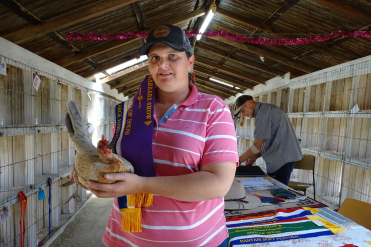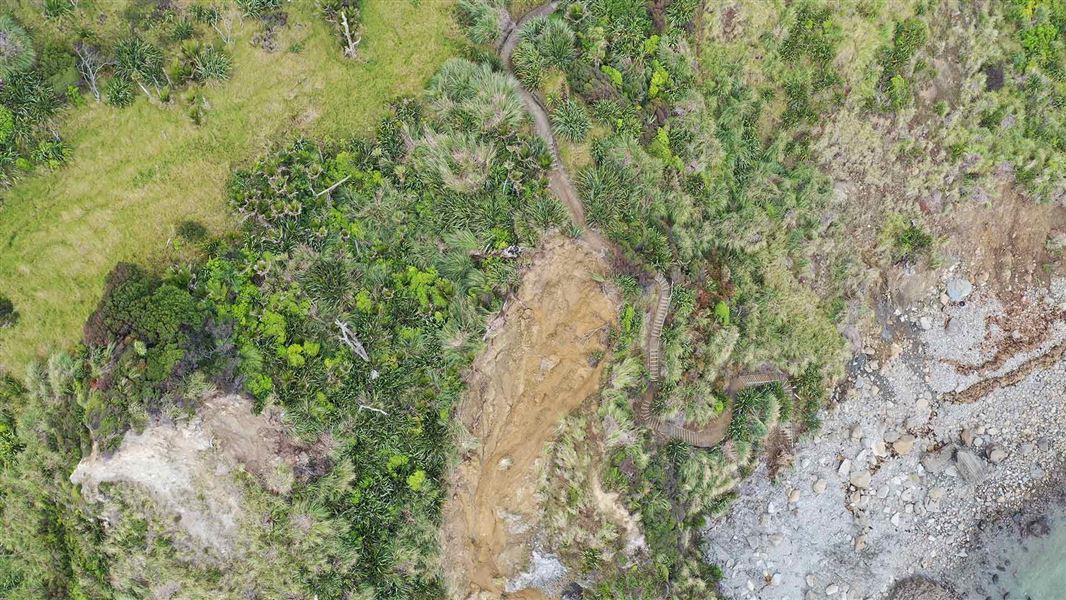Horsham Rural City Council has stepped up its mosquito treatment and monitoring following the emergence of the Japanese Encephalitis virus (JEV) across Australia.
Environmental Health Co-ordinator Luke Mitton said mosquito control started in November and ran through to April each year.
“As a result of the recent Japanese Encephalitis outbreak in other areas and part of our normal seasonal mosquito control program we are treating potential breeding sites in and around Horsham and the municipality,” Mr Mitton said.
“Mosquitoes like to breed in areas where there is stagnant water with protection from predators, this usually involves areas with reeds, or weeds. They can also breed in small pools of water left over by heavy rains and in pot plants that hold water in and around the home.”
Extra equipment has been sourced to allow staff to reach more areas for treatment.
“Council treats these areas using an approved product that prevents mosquito larvae from maturing into adults. The product is safe to the environment and other marine and native animals,” Mr Mitton said.
“The aim of treating breeding sites is to ensure that any larvae do not become adults and therefore eliminate the risk of transmitting any mosquito borne diseases through mosquito bites to humans.”
JEV has already claimed the lives of two men in New South Wales and Victoria.
“Currently there are no known cases of Japanese Encephalitis in the Wimmera, however we encourage the community to always avoid being bitten by mosquitoes by using mosquito repellent that contains picaridin or DEET, using knock down spray on adult mosquitoes and eliminating places where mosquitos can breed in and around the home,” Mr Mitton said.
“Council’s mosquito management activities can only have limited impact on overall mosquito numbers, so residents and visitors are urged to take action,” he said.
The Beat the Bite campaign also has useful information to protect yourself and your family from mosquito-borne disease:
- Wear loose-fitting clothing when outdoors.
- Use mosquito repellents containing DEET or picaridin on exposed skin.
- Try to limit outdoor activity if lots of mosquitoes are about (usually dusk and dawn).
- Make sure there is no stagnant water where mosquitoes can breed around your home.
- On holidays make sure your accommodation is properly fitted with mosquito netting or screens.
Don’t forget the children – it’s safer to spray or rub insect repellents on their clothes rather than directly onto their skin.






